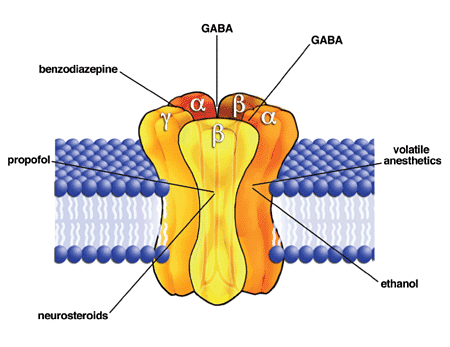
Paradoxical reaction
A paradoxical reaction (or paradoxical effect) is an effect of a chemical substance, such as a medical drug, that is opposite to what would usually be expected. An example of a paradoxical reaction is pain caused by a pain relief medication.
Substances[edit]
Amphetamines[edit]
Amphetamines are a class of psychoactive drugs that are stimulants. Paradoxical drowsiness can sometimes occur in adults.[2] Research from the 1980s popularized the belief that ADHD stimulants such as amphetamine have a calming effect in individuals with ADHD, but opposite effects in the general population.[3] New research however disputes this claim, suggesting that ADHD stimulants have similar effects in adults with and without ADHD.[4][5]
Antibiotics[edit]
The paradoxical effect or Eagle effect (named after Harry Eagle, who first described it) refers to an observation of an increase in survivors, seen when testing the activity of an antimicrobial agent.[6] Initially when an antibiotic agent is added to a culture media, the number of bacteria that survive drops, as one would expect. But after increasing the concentration beyond a certain point, the number of bacteria that survive, paradoxically, increases.